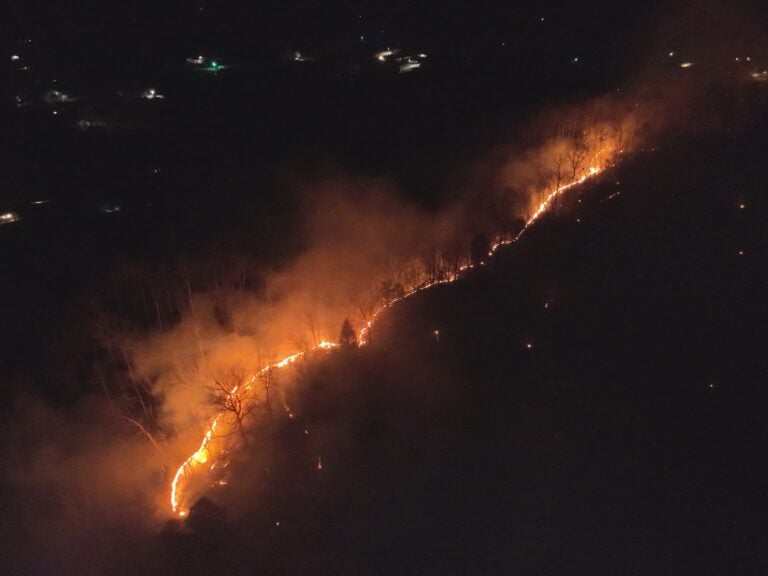First ever case of North Carolina black bear found dead of rabies
A black bear found dead on the North Carolina coast has tested positive for the raccoon strain of rabies, the first known case of a rabies-positive bear in the state. Since 1999 there have been only four known cases of rabies in wild black bears in the entire United States. Mike Carraway, a wildlife biologist with the NC wildlife resources commission told the Asheville Citizen-Times that he doesn’t think the rabies case will have an impact on the state’s bear population. “Rabies in bears, while possible, is extremely rare,” says Carraway. “This bear most likely was bitten by a raccoon. But bears and raccoons don’t interact that much. It’s an isolated incident that we may never see again.” Rabies can affect all mammals, causing inflammation in the brain with symptoms that include lethargy, loss of balance, fever, anorexia, and eye and nose discharge. There are an estimated 25,000 black bears in North Carolina.
North Carolina camp-based and experiential learning program awarded $20,000 grant
Hendersonville, NC based non-profit Camplify has been awarded a $20,000 People In Need grant from the Community Foundation of Western North Carolina. The mission of Camplify is to use a series of camp-based and experiential learning programs to teach kids-in-need the life skills required to succeed and become the leaders of tomorrow. The grant will offer additional support to high school students that participate in the Camplify program. The students will experience apartment hunting, “buying” a vehicle, applying for full-time work, and budgeting at Camplify’s first high school overnight retreat. Camplify connects over 200 WNC youth with skill-building opportunities utilizing camp and monthly retreats each year.
Six barges carrying coal have sunk into the Ohio River
A towboat pushing 15 coal barges on the Ohio River struck the Second Street Bridge in Louisville, KY on Christmas day sinking 6 of the barges and spilling tons of coal into the Ohio River. Three barges are still stuck on the dam at the Falls for the Ohio. One of stuck barges is on the gates of the dam, so the Army Corp of Engineers doesn’t have complete control of water levels. Six other barges have been recovered. The first four barges to sink spilled up to 1800 tons of coal into the river. “Raw coal going into the river is primarily going to disrupt habitat on the bottom of the river,” Jason Flickner, Executive Director of the Lower Ohio River Waterkeeper told Louisville’s Wave 3 News. Coast Guard and Army Corps of Engineers employees are working around the clock to recover the barges but they aren’t being paid because of the federal government shutdown.







